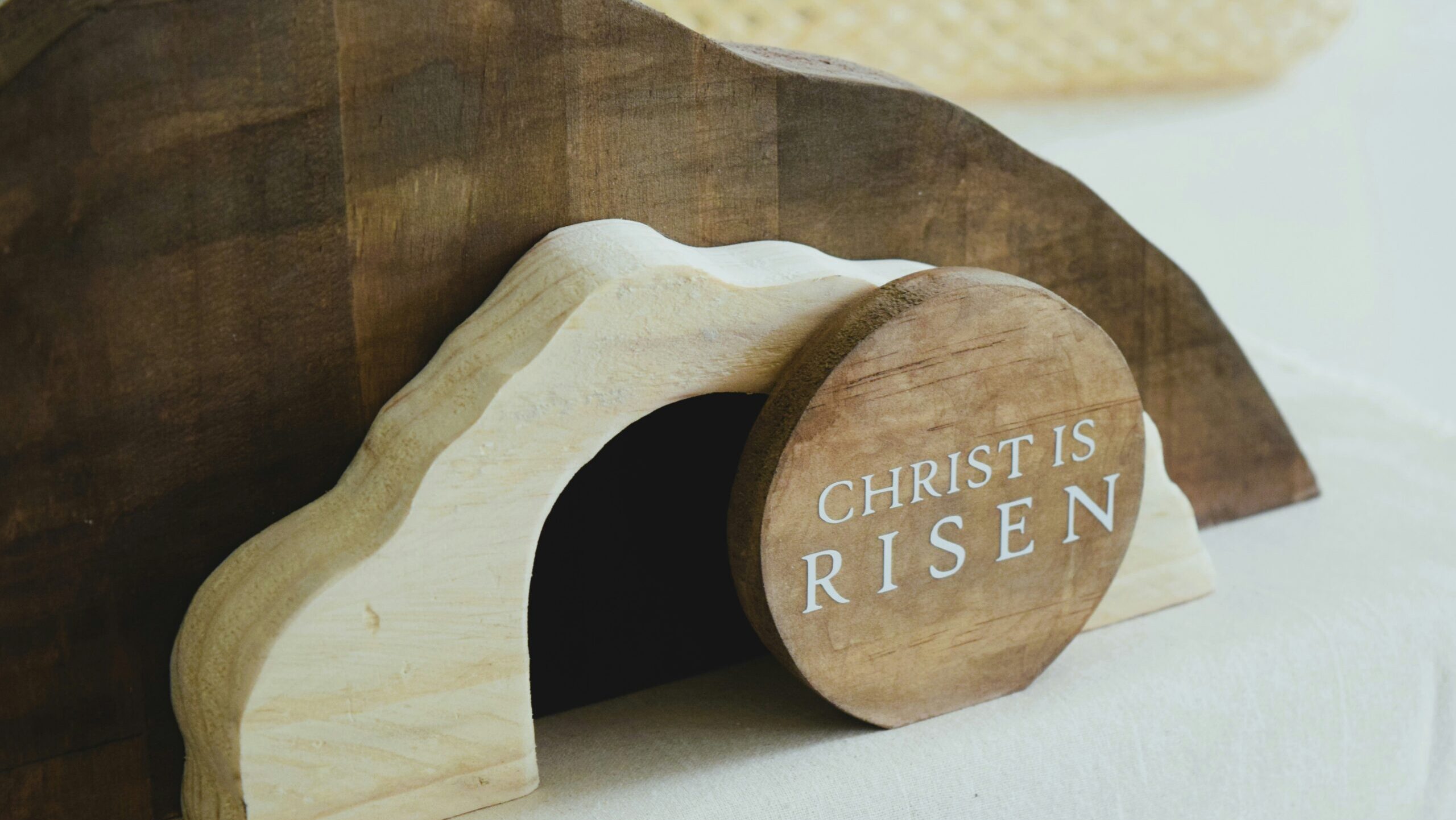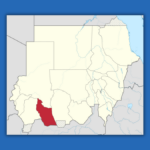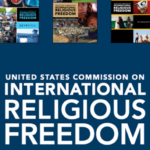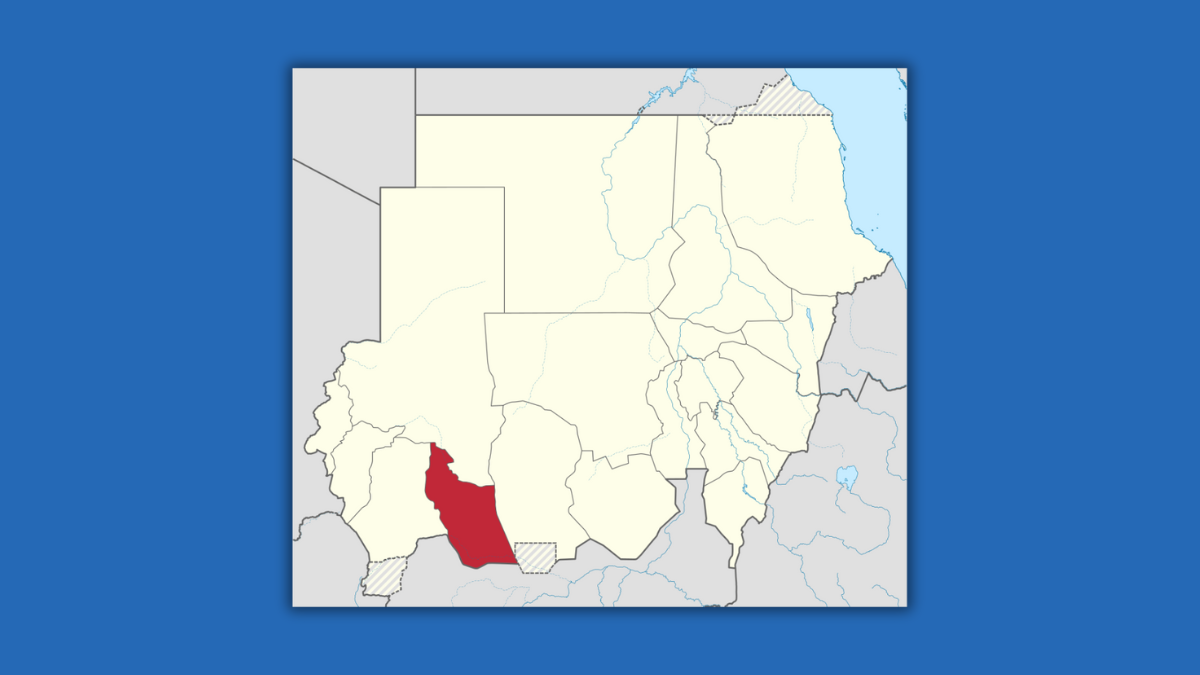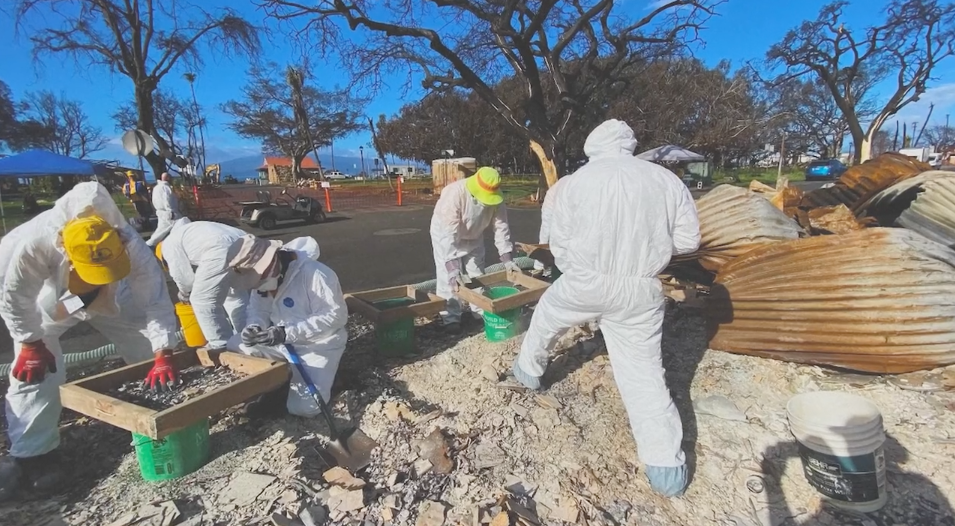“I’m just not sure if I believe anymore.”
I never audibly spoke these words, but they echoed loudly in my own mind. I couldn’t live a lie.
I couldn’t just ignore my doubts or turn off my brain. What was I going to do? My honest conclusions were leading me to a place where I respected the Bible, but didn’t believe it was the Word of God. If I allowed my mind to lead my heart to the end I saw coming, then I wouldn’t be able to call myself a Christian much longer.
RELATED: Check out more stories on Easter here.
What would this do to my wife and family? After all, I was a pastor.
We had sold everything and moved half-way across the country so I could attend seminary. People back home were writing to us, praying for us and even occasionally sending checks to help support us.
Before we moved, people had made joking comments about going to “cemetery,” but there was seriousness about their fear that theological education would be the death of vibrant faith. Now I was going to prove them right.
But my journey to the edge of unbelief wasn’t because of any theologically liberal professors. It wasn’t that academics had convinced me the Bible was myth or undermined the deity of Jesus. In fact, my experience was the opposite. My professors were strong believers. My reading was from conservative authors. My problem was in my own heart and head.
Other problems
My problems were with the Bible.
The more I read it, studied its ancient cultures, learned to read the Hebrew and Greek texts, the more my mind formulated questions without answers that satisfied me. I had spent two years looking more closely at the Bible than ever. Now I wasn’t just seeing the beautiful forest, but I was deep in the trees, peeling back the bark, digging among the roots, seeing all the little knots, burls and burn marks you never see from the mountaintop.
My doubts about the perfection of the whole were consuming me.
And where did that leave my faith? If I had lingering doubts about a random passage in 1 Kings, could I believe the Gospels? Or Romans?
These were the voices in my mind as I rolled into the summer between my second and third years of seminary. I didn’t know what I was going to do. But God knew.
That summer, I had an intensive course on the resurrection of Jesus. For five days, I listened as world renown apologetics expert Gary Habermas walked through the historical evidence that Jesus really rose from the dead.
We talked about the relationship between faith and reason, what makes a miracle a miracle, the criteria historians use to evaluate historical claims, and what details from the New Testament even non-Christian critical scholars accept as true. We even discussed other claims of resurrections by religious leaders in history and the weakness of those claims compared to Jesus. We studied a whole host of reasons why anyone who takes a long, hard, critical look at the evidence for the resurrection of Jesus would conclude Jesus really did die on the cross and raise from the dead.
Lynchpin
After months of personally focusing on other places in the Bible that left me with unanswered questions, I spent an entire week focused solely on the one question that the Apostle Paul says is the lynchpin of our faith, “Did Jesus really die and rise again?” (1 Cor. 15).
To my relief, my answer was a resounding “Yes!”
A real man named Jesus lived, taught and performed miracles. He died on a cross. Yet three days later his tomb was empty, and his followers claimed he rose from the dead and that they saw him alive. They were forever changed because of this experience.
And I was forever changed by my (re)encounter with the risen Jesus, too.
My questions about Old Testament passages or troubling New Testament interpretations didn’t disappear. They just seemed so unimportant now. I had been living as if the truth of the gospel was hanging on satisfactory answers to any question I had about the rest of the Bible. But I had it backwards. A risen Jesus is able to support my whole faith, not just parts of it.
In 1 Corinthians 15:54, Paul, quoting Isaiah, writes, “Death has been swallowed up in victory.” This is the power of the resurrection. This is the power of Easter: Our fears and doubts, our uncertainties about this life and the next, all the things we feel will inescapably swallow us, they are actually subject to the empty tomb that we celebrate Easter morning.
EDITOR’S NOTE — This story was written by Ben Jones and originally published by Illinois Baptist.

